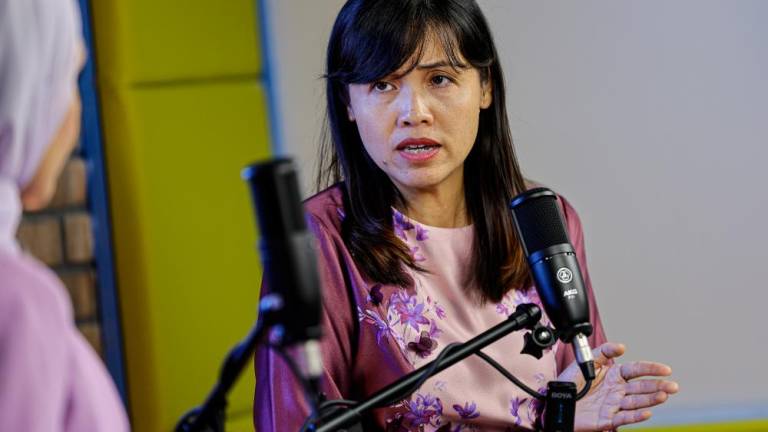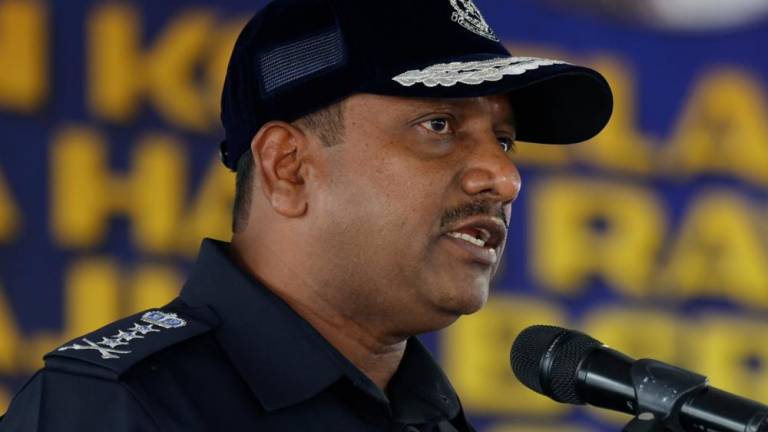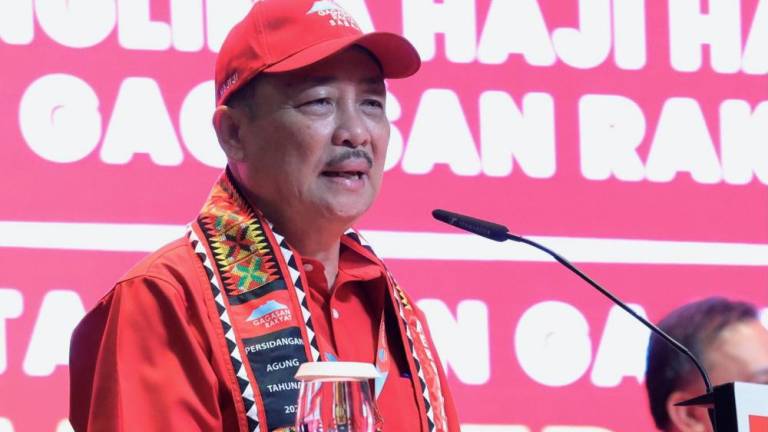KUALA LUMPUR: Sime Darby Plantation Bhd (SDP) is looking into getting parolees to join the plantation industry due to a major shortage of workers following the COVID-19 pandemic.
Chief financial officer Renaka Ramachandran said the company has been striving to hire more locals as it is facing a shortage of 2000 workers due to the COVID-19 pandemic.
“However, I will have to say that so far, efforts to hire more locals have failed. We actually started the hiring process for the plantation industry three years ago, trying to make this job a lot more palatable for the locals.
“Sadly, this is not one of the choice of jobs among Malaysians,” she said during a webinar hosted by Bursa Malaysia and AmInvestment Bank Bhd.
So far, the world’s largest plantation company has managed to hire 40 parolees and about 300 locals to work in its oil palm cultivation area nationwide.
Earlier on, Renaka presented an update on the company’s strategy and the plantation sector’s outlook, including the ongoing pertinent issues and challenges faced by the sector.
Elaborating on the labour shortage issue, she said that SDP used to hire local workers, however, many of them would leave after six months.
She said the existing general workers would be upskilled and re-trained to carry out harvesting work -- the most crucial task in the plantation sector which has become a major challenge for the company and the industry.
Although the shortage of workers may not affect SDP’s earnings for the 2020 financial year (FY2020), Renaka said the quality of some of the fruits would be affected due to the extension of the harvesting period caused by the labour shortage.
As for its impact on the second half of FY2020 (H2 2020), she said the company and industry is blessed that the crude palm oil price has been pretty good, reaching RM3,000 per tonne, which will help to offset any shortages due to lower yield.
Moving forward, she said the company aims to sell more than RM1 billion worth of land and dispose of non-core, non-strategic assets worth more than RM500 million in 2020 to 2021 to pare down its borrowings.
The company also aims to reduce its gearing and cash flow to 30 per cent in the next three years from 49 per cent in 2019.
It also plans to increase fresh fruit bunches production to 23 tonnes per hectare by FY2023 from the 20 tonnes per hectare in 2019.
SDP is also focusing on strengthening its downstream contributions and margin, lowering business expenditures and maintaining its high dividend policy for its shareholders.
On its upstream operations, the company is present in four countries -- Malaysia, Indonesia, Papua New Guinea and Solomon Island, where it operates and manages 240 plantation estates and 69 palm oil mills.
Aside from oil palm, the company is also involved in rubber and sugar cane cultivation, as well as cattle farming and beef production.
As for its downstream operations, the company is currently operating in seven countries, namely Malaysia, Indonesia, the Netherlands, Thailand, United Kingdom, South Africa and Papua New Guinea, where it is involved in the production and sales of bulk and refined oils and fats, biodiesel products, derivatives and oleochemicals.
SDP also manages and operates 11 refineries with a total production capacity of 3.8 million tonnes per year. -Bernama













